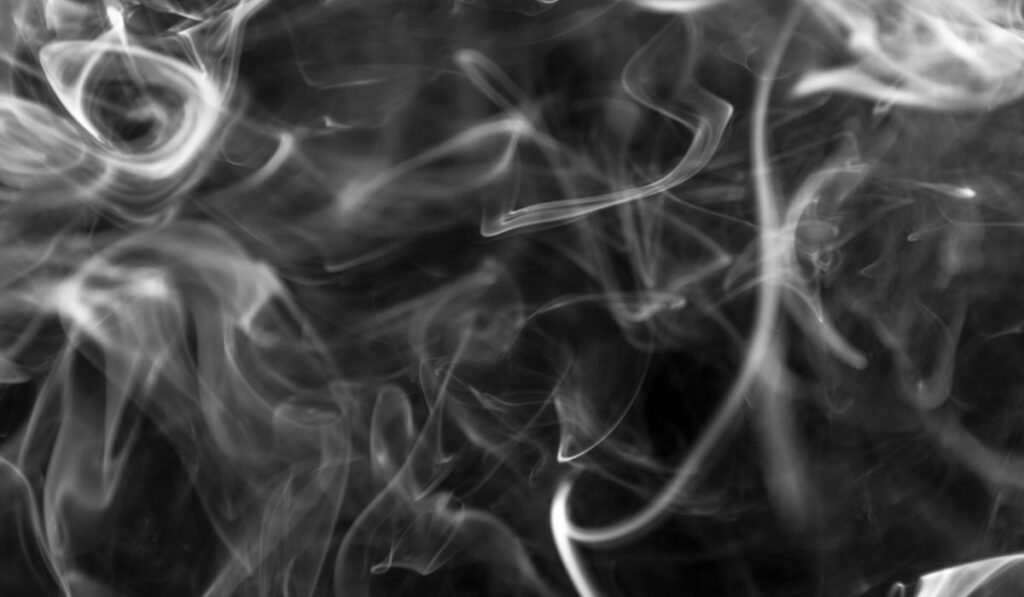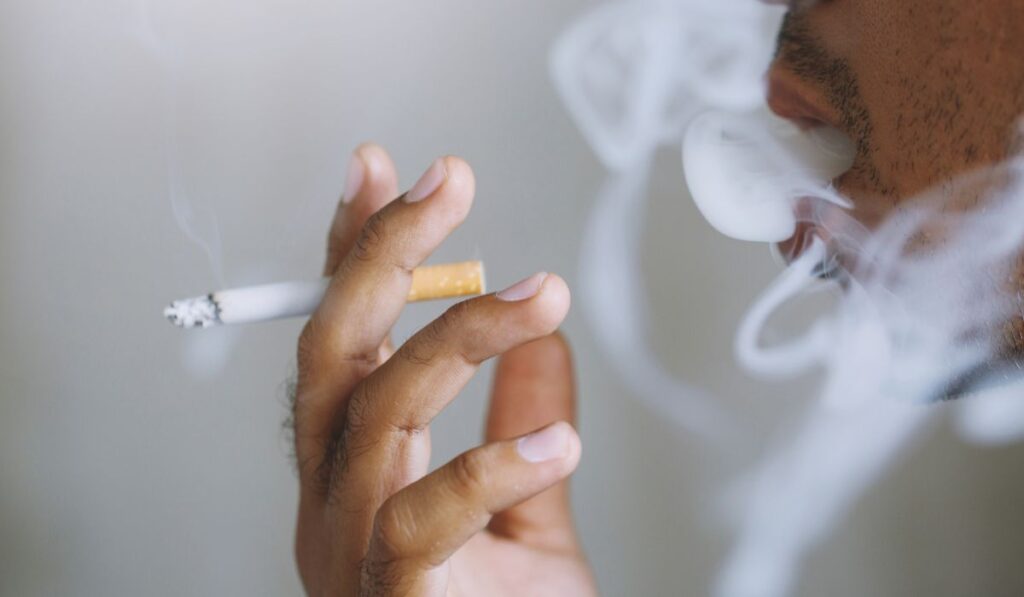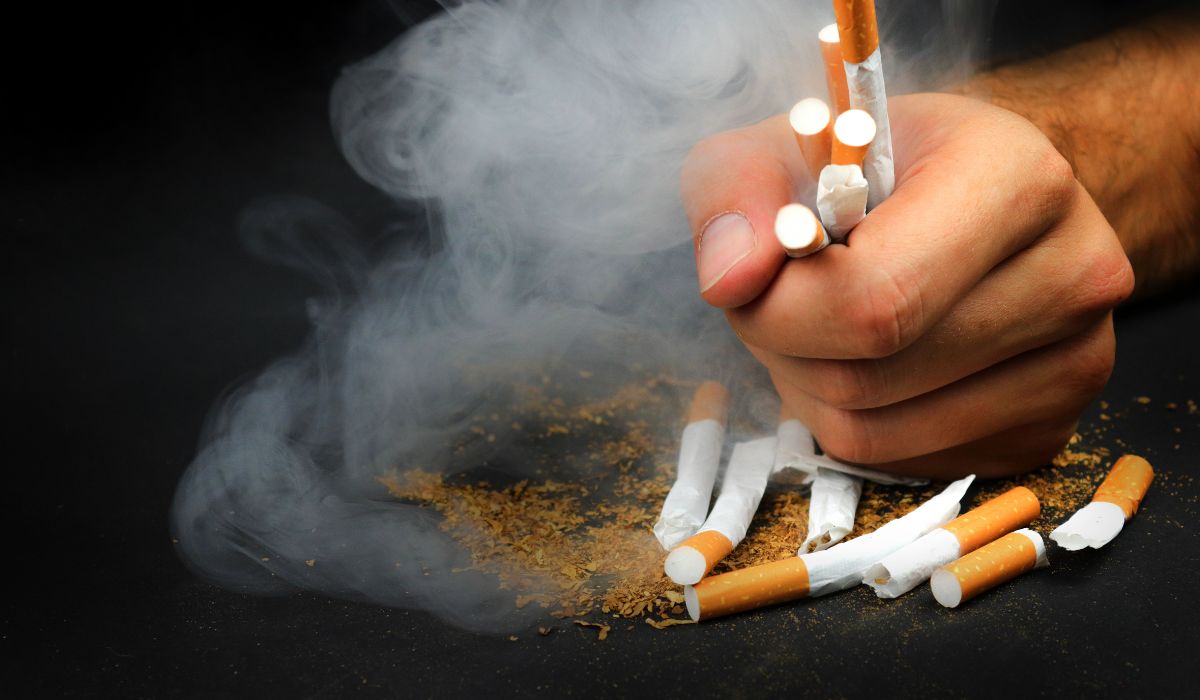How To Get Rid Of Cotinine From System Blood
Cotinine is a metabolite found in the body after someone is exposed to tobacco smoke. It’s what your body makes when it breaks down nicotine, the main stimulant in cigarettes. If you’re trying to quit smoking or avoid the side effects of passive smoking, it’s important to understand how to get cotinine out of your system.
Getting rid of cotinine from your blood can help improve your health, reduce your risk of disease, and make it easier to pass a blood test or urine test. This article explains simple ways to cleanse your body and live a better life.

What Is Cotinine?
Cotinine stays in your body longer than nicotine. It can be found in your blood for days or even weeks after smoking or being near someone who smokes.
Why Is Cotinine Testing Done?
Cotinine tests help with:
- Tobacco control programs
- Studying substance abuse
- Understanding risks for lung cancer, breast cancer, and cardiovascular disease
- Checking for passive smoking in kids or adults
- Tests before organ transplantation or surgery
Some places also test for cotinine before letting you join programs like bariatric surgery or primary care treatments. The Centers for Disease Control and Prevention (CDC) and Food and Drug Administration (FDA) use cotinine testing in research too.

How Long Does Cotinine Stay in the Body?
How long cotinine stays depends on things like:
- The dose of nicotine you took
- Your liver health
- Your body mass index (BMI)
- Your nutrition
- How often you smoke or are around smoke
- If you use nicotine products like patches or inhalers
Cotinine can stay in your:
- Blood: 1 to 10 days
- Urine: up to 4 days
- Saliva: 1 to 4 days
- Hair: up to 3 months
This may vary by patient and reference range used by labs.
How To Remove Cotinine From the Body
Drink More Water
Drinking water helps remove toxins through your urine. Staying hydrated helps your liver and kidneys work better. Add lemon for extra antioxidants.
Exercise Daily
Moving your body helps flush out cotinine. Try:
- Walking
- Running
- Biking
- Playing sports
Exercise boosts your dopamine levels, helping you feel more pleasure while dealing with withdrawal or stress.
Eat Detox Foods
Healthy food helps your body get rid of toxins. Eat foods high in vitamin C, fiber, and antioxidants like:
- Broccoli
- Garlic
- Meal plans with fruits and veggies
- Green leafy vegetables
These help your enzymes and liver with detoxification.
Avoid Tobacco and Secondhand Smoke
Abstinence is the best way to help your body heal. Say no to:
- Cigarettes
- Vapes and aerosol devices
- Being around smokers
This also lowers your risk of asthma, headache, fatigue, migraine, insomnia, cough, and diabetes.
Try Supplements (with Doctor's Help)
Some people use:
- Antioxidant vitamins
- Semaglutide (if prescribed)
- Natural detox drinks
Ask your physician or registered nurse before using any medicine or supplements.
Health Conditions Linked to Cotinine
Too much cotinine may lead to:
- Cancer like lung cancer and breast cancer
- Cardiovascular disease
- High blood pressure (hypertension)
- Type 2 diabetes
- Chronic obstructive pulmonary disease (COPD)
- Psoriasis and ulcerative colitis
- Mental health issues like anxiety, bipolar disorder, constipation, or insomnia
- Problems in pregnancy or passing it to breast milk
Emotional and Mental Health Effects
Nicotine affects the brain and may change your mood. When quitting, you may feel:
- Anxiety
- Stress
- Irritability
- Depression
This is normal. But if it lasts, talk to your primary care doctor or mental health professional. Some people use varenicline, Adderall (when prescribed), or therapy to cope.
Natural Ways to Support Detox
- Sleep 7–9 hours a night
- Take deep breaths to help your lung health
- Try cold turkey quitting or join a program
- Reduce drinking alcohol
- Eat lighter meals for your digestive system
- Track progress using trusted information or health apps
When To See a Doctor
See a doctor if:
- You have severe withdrawal symptoms
- You feel nausea, diarrhea, or appetite changes
- You have health conditions like diabetes, heart issues, or multiple sclerosis
- You’re pregnant or nursing
A trusted doctor or registered nurse can test your cotinine levels and help create a lifestyle plan for quitting.
What Tests Check Cotinine Levels?
Doctors use:
- Blood test
- Urine test
- Saliva testing
- Hair testing
These show how much cotinine is in your body and can help check your health progress.
Quitting Tools and Support
- Centers for Disease Control and Prevention (CDC) quitline
- Support from American Lung Association and American Cancer Society
- Local mental health and substance abuse programs
- Tobacco control groups and quit apps
Quitting helps lower your blood pressure, heart rate, and improves your overall health.

FAQs
How long does cotinine stay in your blood?
Cotinine can stay in your blood for 1 to 10 days. How long depends on your dose, habits, and health. Staying hydrated and active can help flush it out faster.
Can cotinine be found in saliva?
Yes. Saliva testing is common. Cotinine can be found in saliva for 1 to 4 days. It may be used in drug tests or health checks.
What is the fastest way to remove cotinine?
The fastest ways are drinking water, eating healthy, and exercise. Avoid all smoke and get lots of sleep. Talk to a doctor for extra help.
Does passive smoking cause cotinine buildup?
Yes. Even if you don’t smoke, passive smoking (secondhand smoke) can cause cotinine to build up in your system and may still show up in a blood test.
What foods help get cotinine out of your system?
Garlic, broccoli, and fruits with vitamin C help. These support detoxification by boosting your liver and enzymes to remove toxins.
Final Thoughts
Getting cotinine out of your system is not just about passing a drug test. It’s about protecting your lung, heart, brain, and total health. Using tips like drinking water, eating well, and staying away from tobacco smoke helps your body heal.
You can quit. You can heal. And you’re not alone. With help from doctors, support groups, and trusted tools, you can live a healthier life—free of cotinine. Contact us today for more information.








